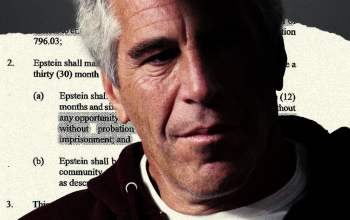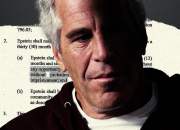President Donald Trump has declared that the United States is prepared to impose “major sanctions” on Russia—but only if all NATO member states commit to ending their oil purchases from Moscow. The move, Trump argues, is necessary to choke off one of Russia’s primary revenue streams and weaken its war effort in Ukraine.
Trump’s Call for Alliance-Wide Action
In a statement released on Truth Social and described as a “letter to all NATO nations and the world,” Trump warned that NATO’s commitment to defeating Russia is still incomplete.
“As long as NATO countries continue buying Russian oil, their negotiating position and bargaining power are weak,” he wrote.
Trump insists that sanctions will only be effective if they are coordinated across the alliance, ensuring Russia cannot offset U.S. measures by selling oil to European buyers.
Targeting Russia’s Energy Revenues
The strategy focuses on cutting off Russia’s oil exports, which remain a critical source of funding for the Kremlin despite existing Western sanctions. Trump contends that unless NATO countries unite, unilateral U.S. sanctions will not deliver the necessary impact.
Alongside sanctions on Russia, Trump also floated the idea of imposing steep tariffs of 50% to 100% on China, arguing that Beijing plays a role in propping up Russia by purchasing oil and providing indirect economic support.
NATO’s Dilemma
Trump’s demand presents a major challenge for NATO unity. Several alliance members—including Hungary, Slovakia, and Turkey—still import Russian oil and may resist a total embargo due to domestic energy needs and economic pressures.
Energy analysts warn that a sudden halt in Russian oil imports could drive up global prices, strain European economies, and create backlash among populations already dealing with inflation. Critics argue Trump’s “all or nothing” approach risks paralyzing U.S. action, since NATO consensus may prove difficult to achieve.
Political and Strategic Reactions
Supporters of Trump’s stance say his strategy is logical: sanctions work best when implemented collectively, not piecemeal. They argue that forcing NATO unity would send the strongest possible signal to Moscow.
However, opponents claim the conditional approach gives Trump an escape clause, allowing him to avoid taking action unless every NATO member complies—something unlikely in the short term. Some European leaders have expressed skepticism, questioning whether the U.S. will follow through without alliance-wide agreement.
What Comes Next
The proposal puts pressure on NATO leaders ahead of upcoming consultations. Possible scenarios include:
-
Stronger coordination on energy imports and phased reductions in Russian oil purchases.
-
Consideration of secondary sanctions, penalizing third countries that buy Russian energy.
-
A heated debate over whether Trump’s tariff threat on China should be tied to the Russia question.
As the war in Ukraine grinds on, Trump’s remarks underscore a critical test for NATO: whether the alliance can achieve the unity he demands, or whether differing national interests will limit the scope of collective action.
For now, the promise of “major sanctions” remains just that—a promise, dependent on a fragile alliance reaching rare consensus.









